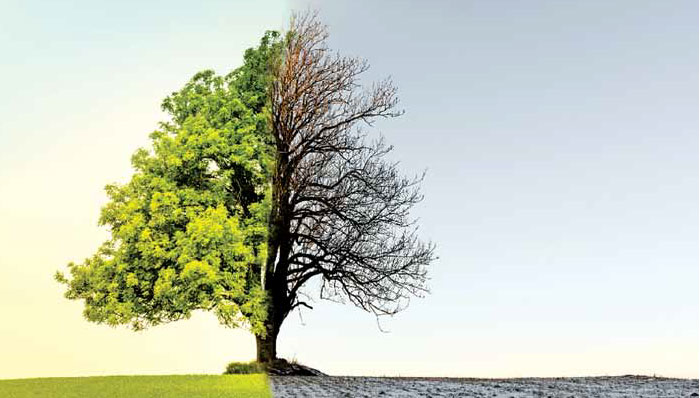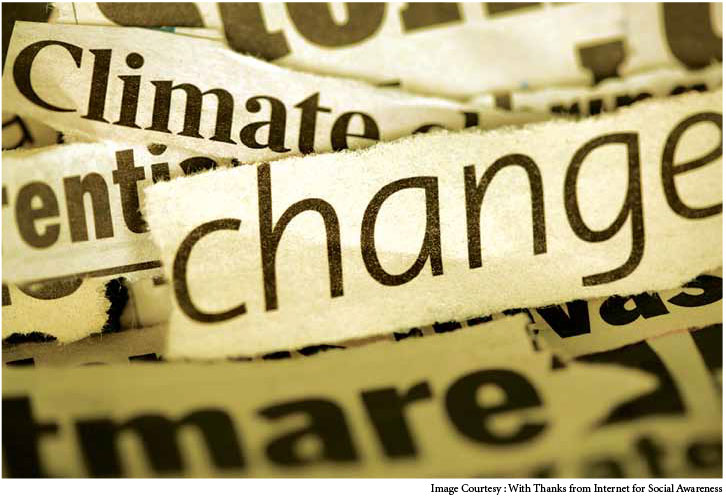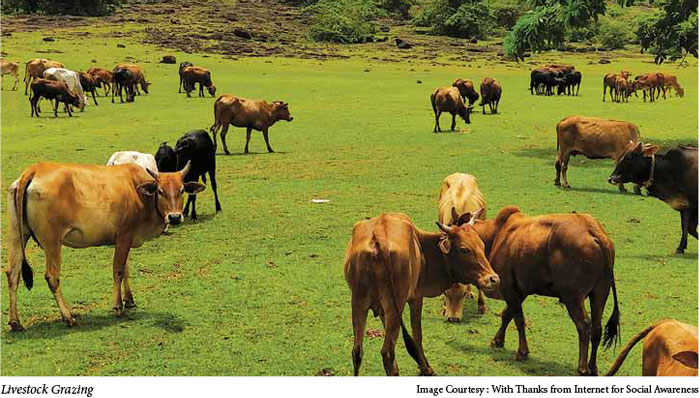
Telling Compelling Environment Stories
By Nabeel Tirmazi
In recent years, Climate change reporting or environmental journalism has been the subject of much discussion by the international media pundits, to accept the fact that this subject hasn’t got enough space on the mainstream media, especially in Asia-Pacific region.
Specially in Asia-Pacific region. In routine, on the days of Earth Day, Climate change day, Wildlife day or Environment Day, reporters and content creators talk about how earth is facing the climate change crisis, how many species on globe are endangered or what kind of crisis we can expect from the melting of glaciers, but still as compared to rest of the mundane matters discussed on the media, this is not enough to raise such kind of awareness.
The fact is, in this age of information, thanks to the technological revolution, anything can be disseminated in no time, but the bombardment of all kinds of information makes the situation difficult for the media to sensitize its audience regarding various environmental threats.
While working in an intergovernmental international organisation, whose mandate is to work with the public broadcasters of Asia-Pacific countries, I believe that it’s high time that the journalists should be trained to understand the significance of reporting climate change issues in its precise context. In a recent survey conducted by Asia-Pacific Institute for Broadcasting Development (AIBD), most of the regional media organisations still feel that reporting on climate change issues (unless it is a huge crisis) seems to bore the audience and it doesn’t have any commercial value. Media experts, however, have this opinion that such stories shouldn’t be considered as bored, dull or overly technical and there are techniques to talk on this subject in compelling manner.
The first rule is to have the journalists trained to understand the basic concepts of environmental sciences. Usually we have observed that, while reporting a climate story or an upcoming crisis, either the story is told with plenty of technical jargons included, which average audience cannot understand or in a very basic manner which does not create any impact on them at all.
Another important aspect is to understand the international climate change treaties, national environmental laws and international case studies which can help them localize the global perspective and vice versa. Apart from that, all major stakeholders related to such stories should be involved to voice out their opinions

As mentioned previously, most of the news editors or reporters only get their interest in environmental story when there is a situation of crisis, however to show the seriousness, such stories can also be told proactively rather than in reactive manner. As an example, many stories related to government initiatives which affect different communities can be told through the eyes of an individual, or celebrating the local efforts to save the endangered animals or cleaning up the environment etc. can grab the attention of audience. Also, the economic impact of climate change crisis can be discussed which can raise interest for economists, corporate sector and even local authorities. In short, the more stories have the humane touch, the more it will reveal the seriousness of the media.
Unfortunately, contemporary media has been attributed to broadcast negative situations a lot to its audience to sensationalize them, which will raise their viewership. However, with proper efforts, positive stories can generate lot of interest and same is true for environmental journalism. Stories like celebrating animal welfare case studies, scientific progress regarding rehabilitation of species can also be highlighted or when a group of poachers are prosecuted by the local authorities.
Lastly, I would like to advocate the ethics of environmental journalism, which can be a subject of its own, but should be the primary concern of journalists. Furthermore, safety of journalists should also be the concern of media organisations, many journalists have lost their lives while reporting fire hazards, natural disasters, working against cartels etc. Training in risk assessments, preparedness, and dealing with trauma while witnessing chaotic situations can help the reporters to tell the story to its audience in impactful manner.
** Nabeel Tirmazi is a broadcasting consultant, based in Malaysia and currently working for an international intergovernmental organization AIBD, which deals with the capacity building of regional public broadcasters and media policy makers. Nabeel Tirmazi is an active advocate of safety for journalists and developmental journalism.




